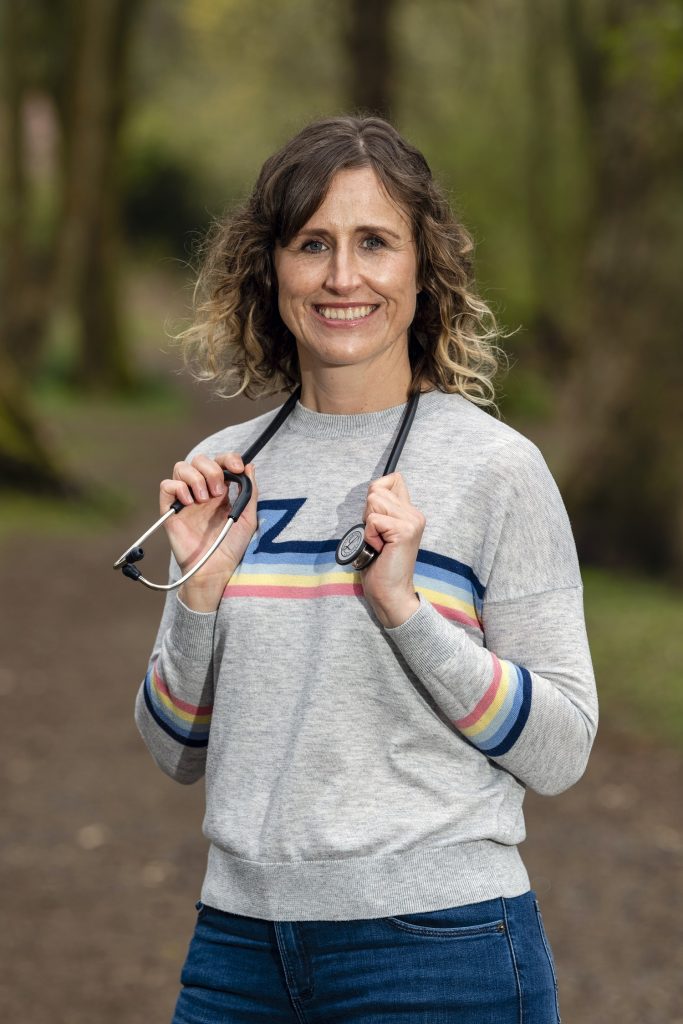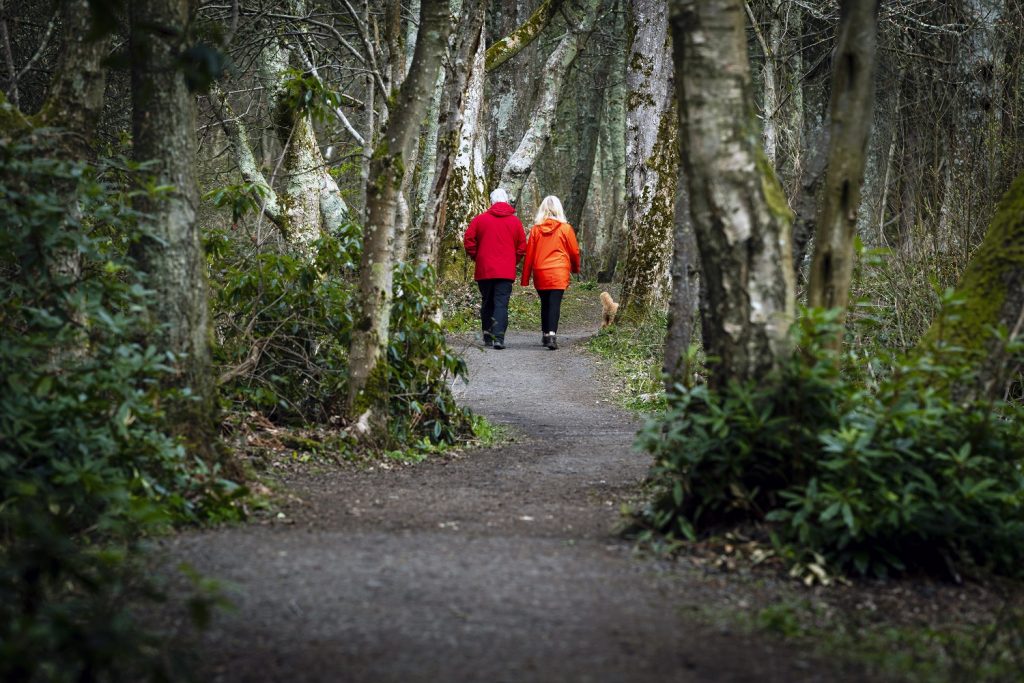Scotland Women’s football team doctor appointed Chair of national initiative

A LOCAL GP who prescribes Scots weekly exercise to prevent and manage long-term health problems has been appointed as the new chair of a charitable coalition.
An honorary guest lecturer at the University of Glasgow, and the lead medic for Scotland’s National Women’s football team, Dr Emma Lunan has dedicated her career to preventative care and physical activity.
She is now taking on a new role as chair of Movement for Health, a coalition group of Scotland’s leading health charities with the mission of supporting patients with long-term health conditions to become more physically active.
The group, led by walking charity Paths for All, champions the role of physical activity in preventing diseases. Dr Lunan takes on the role of Chair following the late Ian Findlay CBE, former Chief Officer of Scotland’s national walking charity.
It has been found that more than one million people in Scotland are living with health conditions such as arthritis and heart disease, yet 46% of these people are inactive – a figure double that of the general population.
Dr Lunan said: “I was really excited when I was offered the role of Chair of Movement for Health. I really feel we can make a difference especially at the moment when there’s been a lot of discussion about the poor physical activity levels in Scotland.
“I’m feeling very optimistic, despite the obvious challenges brought on by the pandemic. This is a fantastic opportunity, and the coalition is a very collaborative group – everyone works together to champion physical activity in different guises.

Devoted to providing preventative healthcare and working towards becoming a sports and exercise consultant, Dr Lunan is also a partner at Marnock Medical Group, leading two practices in Kilmarnock.
With 20 years of experience under her belt, the doctor specialises in musculoskeletal medicine and exercise prescription.
Dr Lunan added: “I am finding that a lot of patients’ health has deteriorated over the past year; this is in part due to a decline or lack of physical activity, in particular those living with long-term conditions. Due to Covid-19, patients have not been able to access their leisure providers, have been limited in their contacts and become demotivated as a consequence.’’
“I am concerned that the pandemic has increased societal health inequalities. Often those with longer term conditions come from a lower socio-economic background as they may not have the same access to health care or physical activity.”
The World Health Organisation recommends that all adults over 18 years old undertake 30 minutes of moderate exercise five days per week to sustain good health. Recent studies have shown that patients with long-term health conditions are twice as likely to be inactive than the rest of the population, a statistic that concerns many within the healthcare industry.

Dr Lunan added: “Any exercise is good exercise and I hope this initiative helps break down barriers and raise awareness to get people moving.
“A lot of the time patients with long-term conditions feel they can’t exercise because it might affect the problems they currently have and make it worse, when in reality it can actually improve their conditions.
“For example, someone with arthritis might not exercise as they feel it might make the pain worse when actually the right type of exercise can often improve and reduce joint pain.”
Movement for Health is a Scottish coalition of 16 leading health charities to champion physical activity for people with health conditions. With three key missions, Movement for Health is working towards raising awareness within health practitioners, policy makers and the general public, by providing research, resources and political action to support those who are affected to get more active.
For more information on Movement for Health, visit: https://www.movementforhealth.scot/
